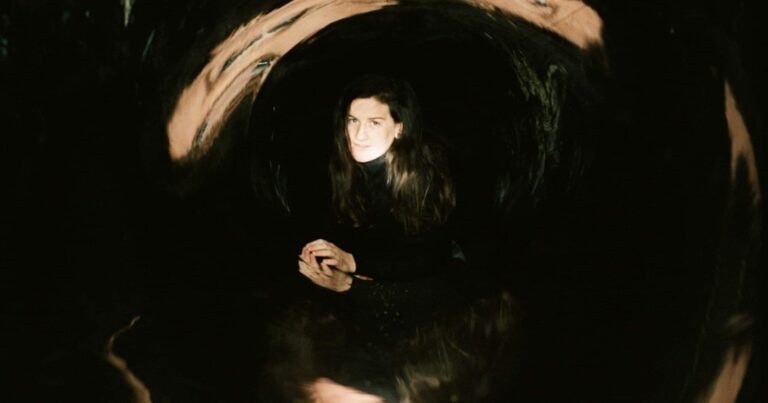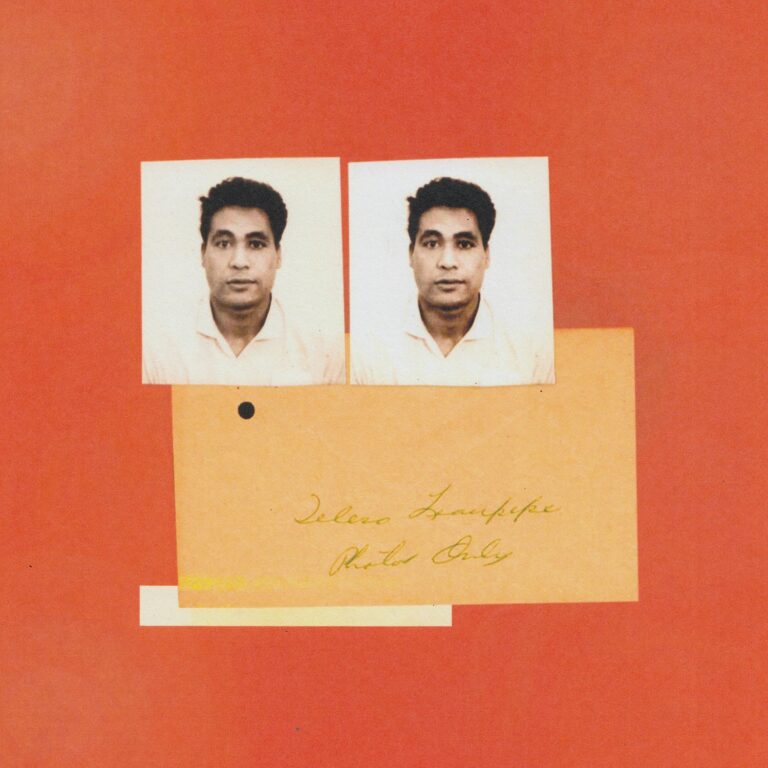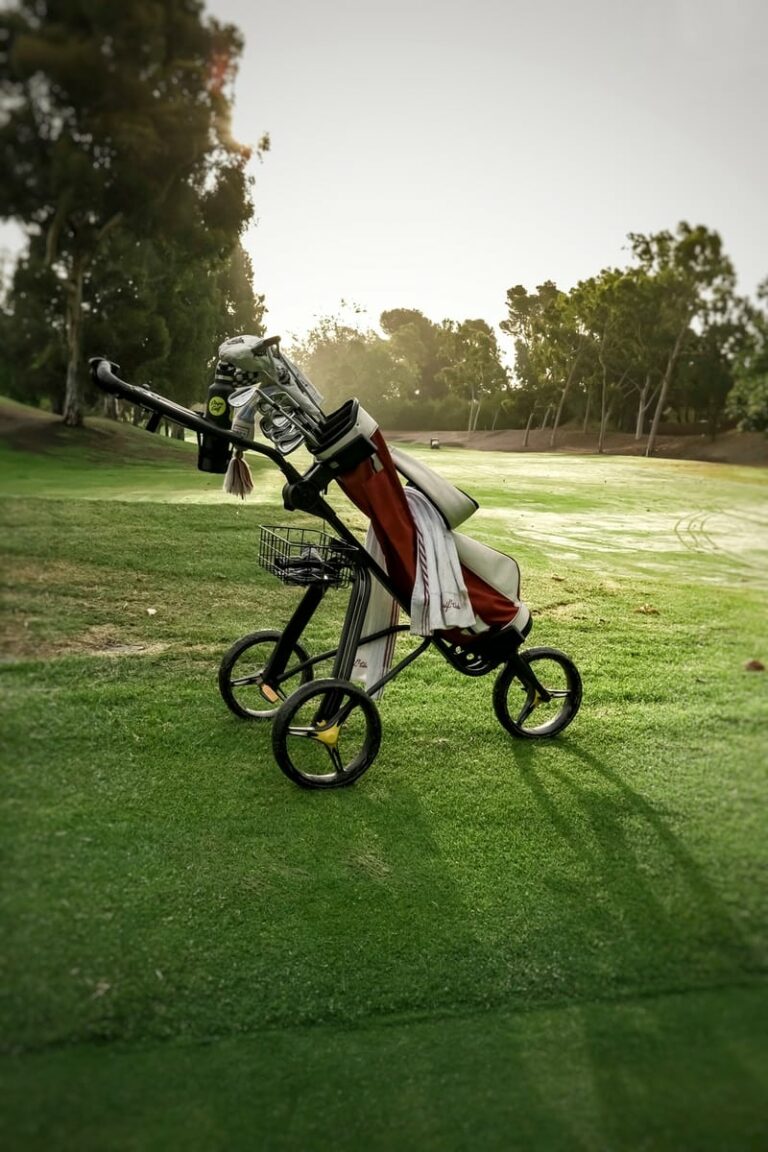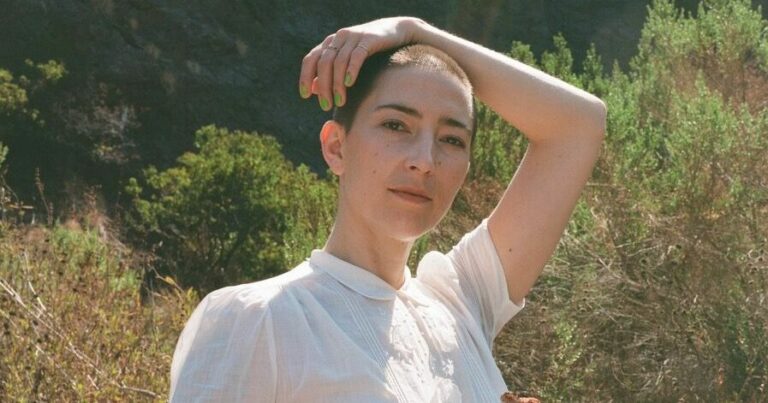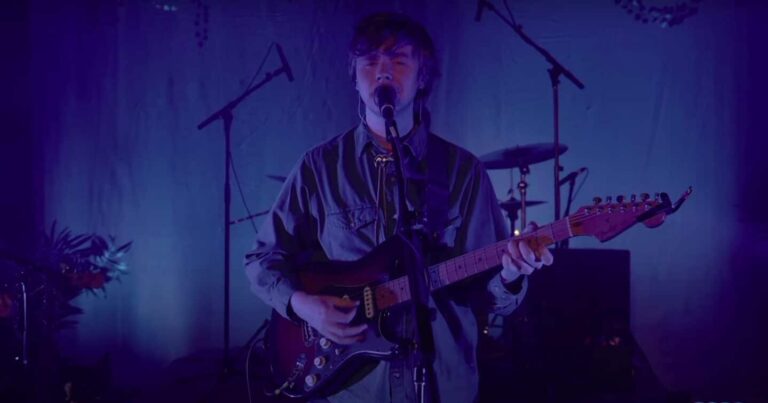You’ve made a tee time at your favorite course. You’ve pulled together a group of buddies to join you. Your golf clubs are cleaned and ready to go.
The only detail left is your golf bag. Have you stocked it with the best golf bag accessories on the market?
We love golf bag accessories for several reasons. They’re inexpensive and can make your golf course experience so much better. Golf bag accessories can help you shoot lower scores, protect you from the weather, and make you the envy of the rest of your foursome.
Not sure which golf bag accessories you should buy? We can help. Below are some of the hottest products that you need this year.
Top Trending Golf Bag Accessories
Don’t leave home without a golf hat on your head or in your golf bag. Not only will you look like a pro, but this golf bag accessory will also protect your face from the sun’s harmful rays. The greatest hazard on the golf course isn’t a lake or river, but a bad sunburn. Look good and stay safe.
Rope Golf hats by Sunday Golf are fashionable, durable, and functional. Designed to keep you cool on a hot day, these golf hats are one size fits all. Choose from 9 different colors for $29.99.
The second golf bag accessory to make our list is golf gloves by Mizuno. You can’t hit great golf shots if your hands are slipping off the club. Play more consistently with the help of a golf glove.
Pro Tip: make sure you buy the correct hand. Right-handed golfers should wear a glove on their left hand!
The Mizuno Tour golf glove is made from super thin premium Cabretta leather. It’s offered in sizes from small to XX-large. If you have shorter fingers, you may want to try a “cadet” size. A golf glove should not be loose – it should fit snugly. This golf bag accessory costs $25.
Your golf shots can be ruined before you even start your swing if you don’t know how to aim at your target. Golf alignment sticks are used on the driving range to help you perfect your setup.
These Carbon Fiber alignment sticks by Vessel are simple, yet beautiful. They’re extremely lightweight and designed to stay in your golf bag all of the time. They’re sold in sets of two and you can choose from black, silver, or red. This is a $65 investment in improving your game.
The ball retriever is a golf bag accessory that’ll pay for itself after a few rounds on the course. Golf balls are expensive – some cost as much as $60 per dozen. Do you hit every fairway or do you occasionally lose a ball in a lake, creek, or ravine? This is where the right ball retriever can save you some cash. If you can see the ball, you can retrieve it!
The IGOTCHA Jawz Compact Retriever can add up to 18’ to your reach. It collapses down to less than 2’ for easy storage in your golf bag and is lightweight. The co-molded rubberized surface to grip and hold the ball in place makes it easy to snatch your ball from any condition. This $29.95 golf bag accessory seems like a no-brainer.
You may be shocked to hear this, but occasionally weather forecasts are wrong. You never know when a surprise shower will pop up on the back 9. A little rain doesn’t have to ruin your round if you’ve added a golf umbrella to your collection of golf bag accessories. Golf umbrellas are designed for the course and the elements you’ll encounter while playing.
The G4Free golf umbrella is worth your consideration. Do you like options? You can choose from 3 different canopy sizes (54, 62, 68) and 20+ color combinations. The double-canopy design means this golf umbrella is virtually windproof. Keep your clubs dry and finish your round strong for only $30.
Make sure you leave the golf course in better shape than you found it. Make the greenskeeper happy and repair your divots. Every golfer should carry a divot tool in their bag. Make sure the groups behind you get a chance to putt on a smooth surface.
Callaway is one of the most well-known golf brands and their 4-In-1 Divot Tool is the perfect golf bag accessory. Yes, it helps you fix divots on the green, but it also includes a ball marker, a club brush, and a groove cleaner. You can’t spin the ball like Tiger if you have dirt and sand on your irons. This divot tool will only cost you $14.99.
The grooves are the most important part of your irons and wedges, but what options do you have when they start to wear down? You can buy new ones for hundreds (or thousands) of dollars or you can use a groove sharpener. This golf bag accessory can extend the life of your clubs.
The GrooveMaster Golf Club Groove Sharpener is inexpensive and will put “the juice” back in your iron shots. It’s been designed to work on most irons (Adams, Callaway, Cobra, Cleveland, Nike, Ping, TaylorMade, Titleist, Wilson, etc.) and is easy to use. You don’t need to buy new clubs, simply bring your current clubs back to life with this $28 golf bag accessory.
What Golf Bag Accessories Do You Use?
You don’t have to rush out and buy all of them at once. Pay attention the next time you play and think about which golf bag accessory would add to your experience. Watch other golfers in your group. What do they use on the golf course? Golf is a great game, but it can always be better. Make sure you have the right equipment to get the most out of your time on the course.
Do you have a golf bag accessory that we didn’t mention? Tell us about it. Why do you recommend it to other golfers and how does it help you?
Good luck. Play well. Enjoy your day on the golf course!
